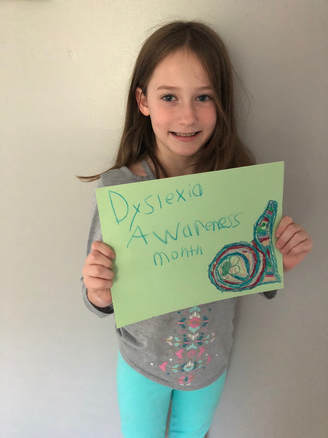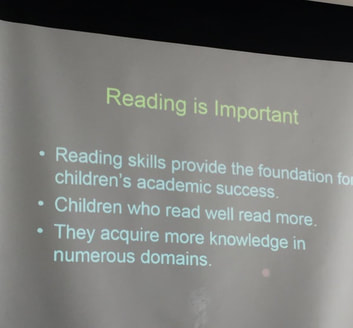Reasons for Change
The world was not made for everyone. All the way back through history, able-bodied and neurotypical people have left those with disabilities behind. Architecture, infrastructure, education systems—it was all made for one way of thinking and moving. Anyone who doesn’t fit that mold is essentially forced to figure it out on their own.
Advocacy has helped. As The National Park Service explains, the last several decades have seen people with disabilities and allies fight for change. However, the fight isn’t over. Those with disabilities are still marginalized in employment, housing, even voting. Much still needs to be done to ensure that everyone has an equal chance at success, happiness, and safety. One extremely powerful way for us to see that change is to get people with disabilities into elected government positions. Do you have the knowledge and passion to fight for us all? If so, you should consider running for office.
Looking Inward
How do you know if you’re right for an elected position? The first and arguably most important quality is passion. If you have a desperate desire to see the disabled community represented and cared for in government, that’s a good sign. You can build a resume and develop skills, but if you don’t have that drive and passion, you’re not going to ignite voters to care about your cause.
If you feel the call to become an elected official, look at your skill set and interests and consider where you can make the biggest change. Do you have experience advocating for education reform? You can run for your region’s board of education. Have you studied accessibility in infrastructure? Throw your hat in for city planner. Look through the elected positions in your local area and see where your knowledge set fits.
Take On Responsibility
If you haven’t already gotten involved in politics, now is the time to start. You won’t get into an elected position without a firm foundation to prove you’re ready. Volunteering, advocacy, and simply showing up gets you in the door. Specifically, you should seek opportunities to take responsibility.
For example, if you’re involved in a group advocating for early screening in schools, offer to go to schools and speak with administration, or to speak in front of the board of education. Actively make a change before you run for office. You can make a difference, elected or not - and when you do, you can point to that to empower your campaign.
Surround Yourself with Talent
No elected official ever got to where they are alone. Each and every person in office has a team of effective, talented people around them who support them along the way. You’ll need that team, too. Start by hiring a campaign manager. Search for someone who has experience helping marginalized people get into office. They’ll know how to prepare for the obstacles you’ll find along the way.
Next, hire people who can get your campaign seen and understood by the general population. For example, you should hire a graphic design specialist to make sure your promotional material is attractive and easy to read. Experience with disabilities should be a priority at every level - you’ll make the wrong impression if, for example, all your promotional materials use bad practices for dyslexic readers. Set the standard you want to see throughout the rest of the world in how you run your campaign.
Representation makes a difference. People with disabilities need to see themselves reflected in their local, state, and federal governments. If you have the skills and the passion to be the change we need, don’t wait. We need you now.
Photo Credit: Pexels














 RSS Feed
RSS Feed